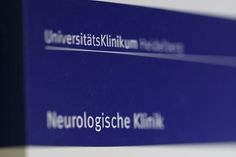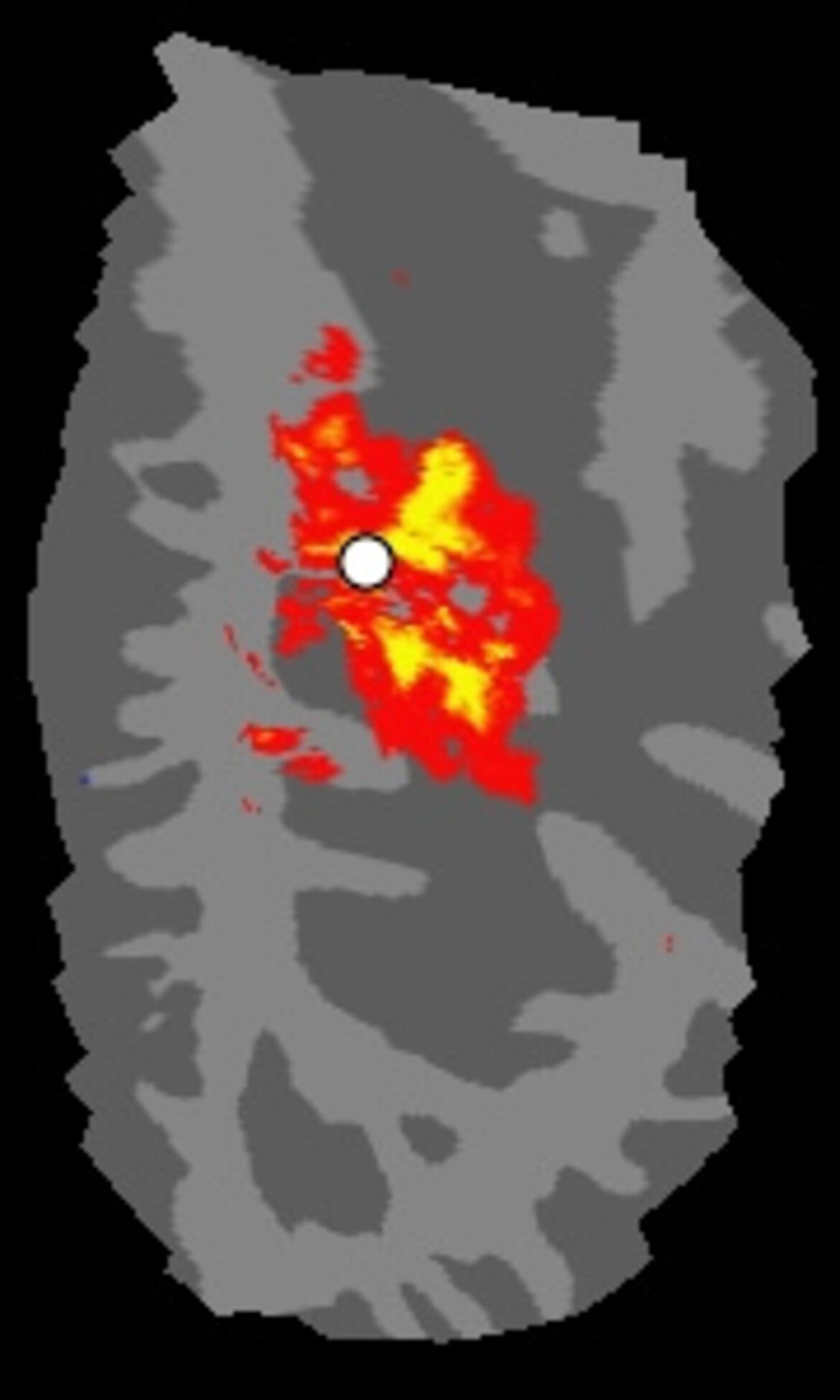Auditory Cognition Lab - Research
Interaction of scene analysis, short-term memory, and attention for auditory perceptual awareness
Auditory perceptual awareness reflects only part of the acoustic information available from different sound sources in crowded environments. Which part of the acoustic information reaches perceptual awareness depends on scene analysis mechanisms, short-term memory, and the automatic and voluntary orienting of attention. This study aims at further delineating which cortical networks involved in these processes are necessary and sufficient for auditory perceptual awareness. Methods used include electroencephalography (EEG), magnetoencephalography (MEG), functional magnetic resonance imaging (fMRI), and tracking of eye movements and pupil widths.
Funding: DFG (GU 593/5-1)
Past Projects:
Multimodal functional imaging of auditory awareness and its disorders
In this project, we use magnetoencephalography (MEG) and functional magnetic resonans imaging (fMRI) to study the function of auditory cortex and other centers for auditory perceptual awareness. In three subprojects, we compare the imaging modalities, evaluate which activation patterns are related to perceptual awareness, and study the disorders of auditory perceptual awareness in patients suffering from focal brain lesions.
Funding: BMBF Junior Research Group Bioimaging (01EV0712), 2008 -2014.
Analysis of complex auditory scenes in human auditory cortex
To understand the sounds in our environement and assign them to distinct sources, our brains need to organize single acoustical elements into auditory streams. Grouping of auditory streams is similar to the grouping of objects in vision; examples for auditory streams are melodies in polyphonic music, speakers in a noisy environement ("cocktail party"), or the sound of steps, which can be assigned to the presence of another person in the darkness. In this project, we aim at understanding the neural processes involved in the grouping of auditory streams, and more generally in auditory scene analysis.
Funding: DFG (GU 593/3-1 and GU 593/3-2), 2006-2015.






